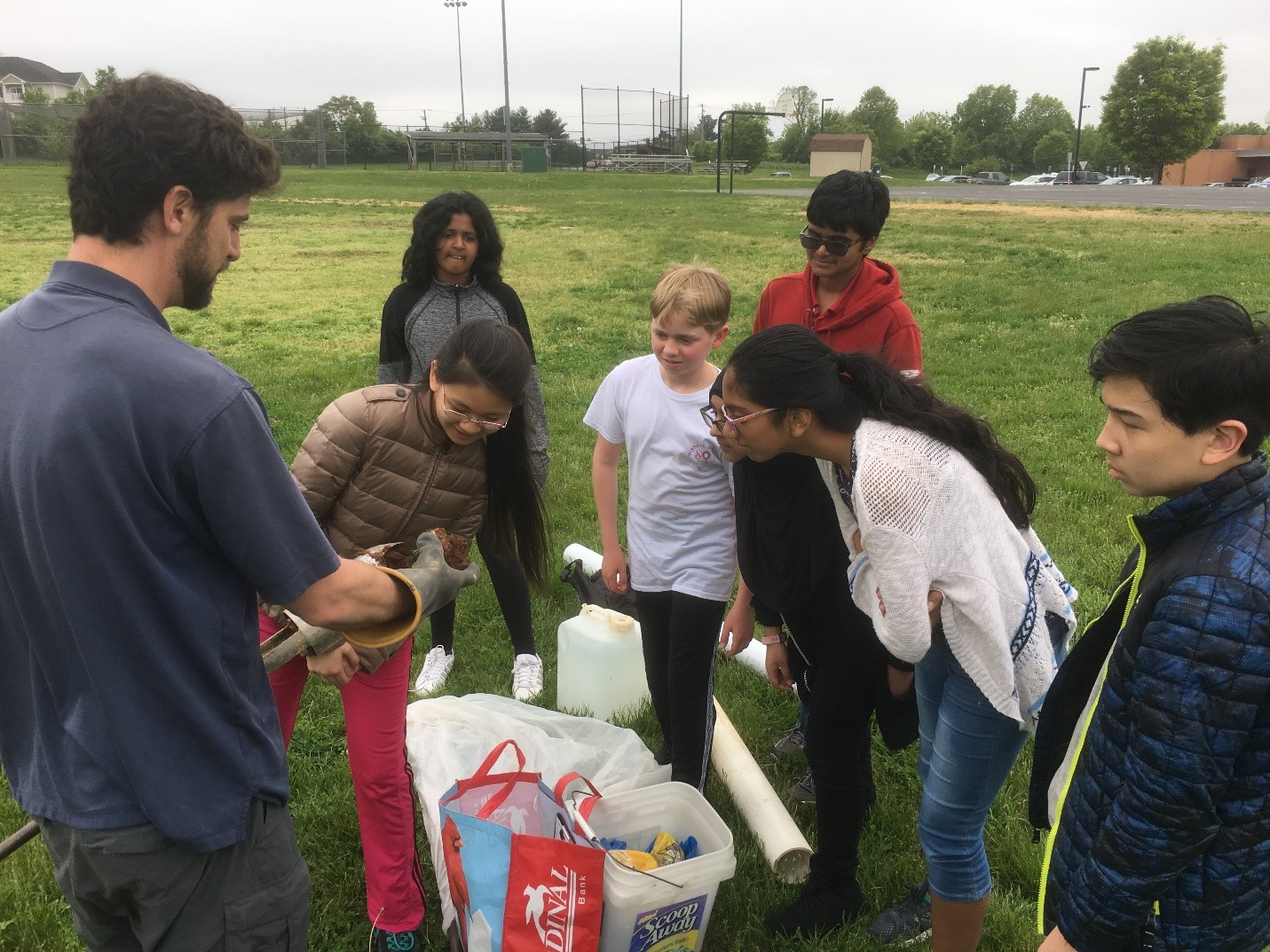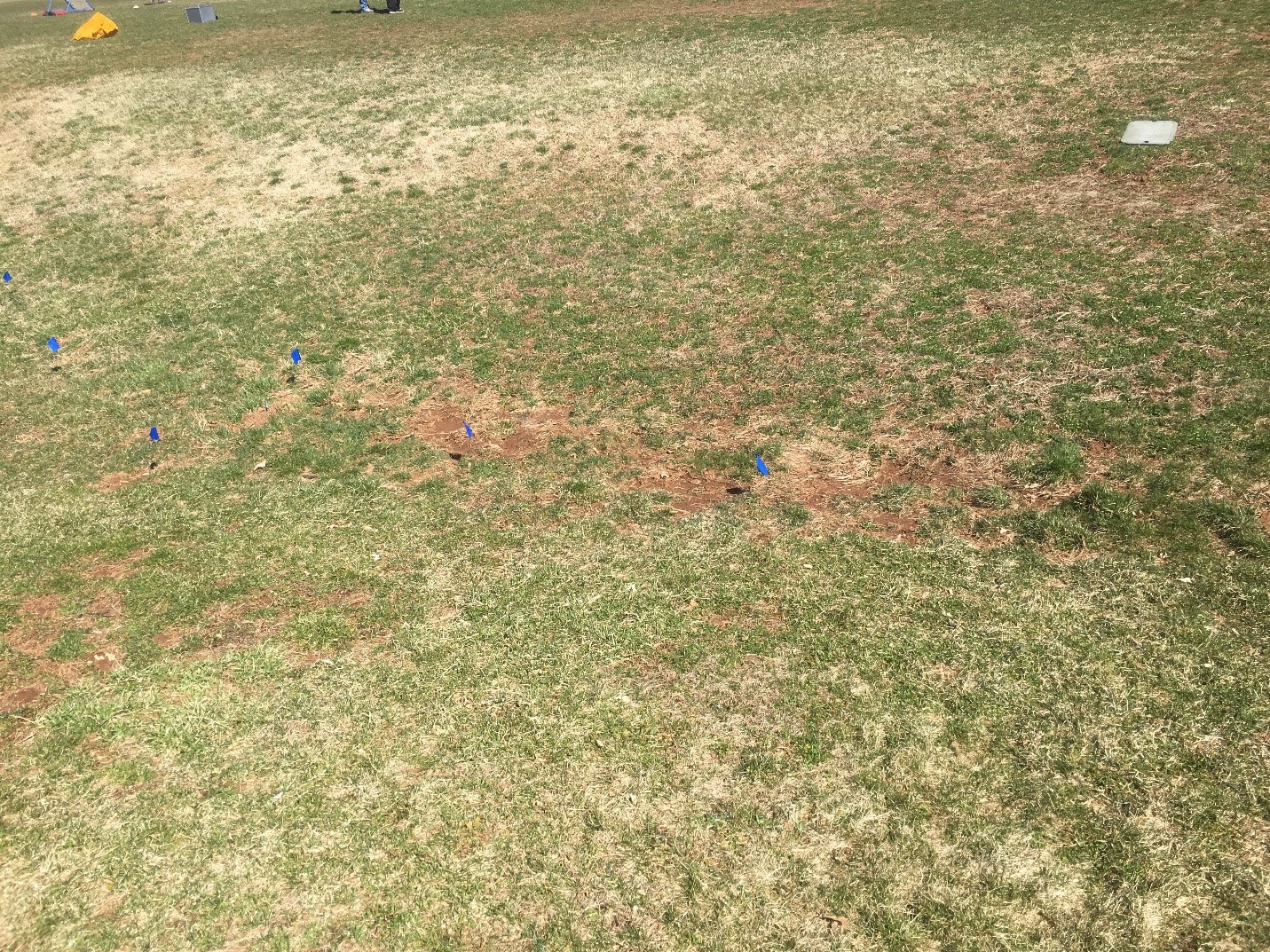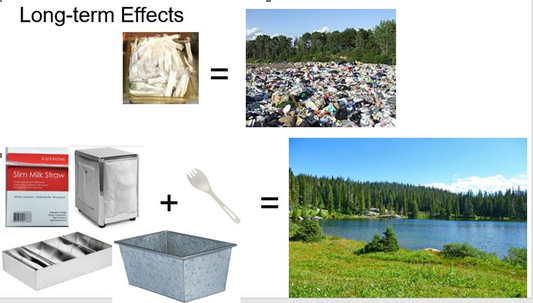2019, CINCINNATI, OH, UNITED STATES

Trisha Leyda, Megan Glass, Ally Zwelling, and Isabella Richardson realized that improper recycling habits, especially in public places, is a problem. They came up with a solution to create signs that are easily understood and catered towards the location they are placed in in order to educate the community. Their high school, Ursuline Academy, had tried to improve recycling while at school, but the system was flawed. The paper recycling bins were old crates and paper would often fall from the holes. The signs were difficult to understand because they used only words. People would not follow the signs and then non-recyclable items would end up in the bins contaminating the recyclable items. There was a lack of consistency and communication throughout the school about recycling.
The solution to this issue was to educate the community through a competition and revamping of the recycling system at Ursuline. This began as a two part process, with old crates being replaced with new blue recycling bins, then informative signs being attached to clarify what was and was not recyclable. Previously, there were four bins that were for bottle recycling, but did not have lids. New lids were purchased and placed on these bins so that people would know it was just bottle recycling without looking at the signs. Each grade was assigned their own bottle recycling bin in the cafeteria and their goal was to have the highest proportion of properly recycled items to win a baked good party.
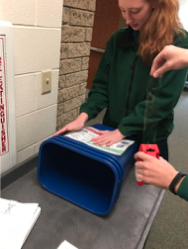
The community responded very well to the signs and bins. Many teachers were excited to get rid of the old crates and have a more concise recycling sign on the bin. The recycling was already improving before the competition began because of the new signs. By the time the competition began, there was already a positive response. The goal of educating the community was a success because everyone learned to improve their recycling skills. At the end of the competition, Ursuline’s Earth Action Team was invited to continue the competition each year and teach incoming freshman about recycling at school. This project helped and will continue to help the watershed. It reduces the amount of waste through recycling at Ursuline and the larger community.
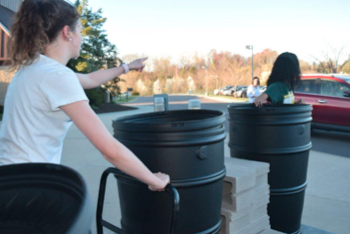
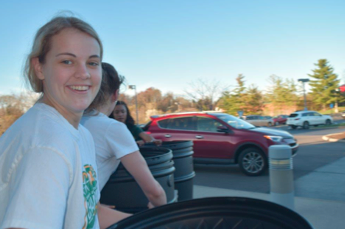
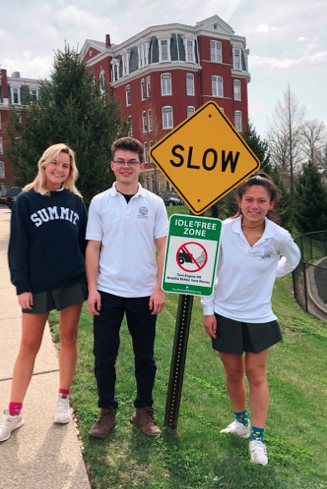
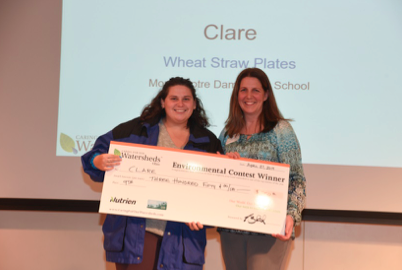
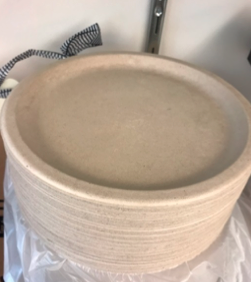
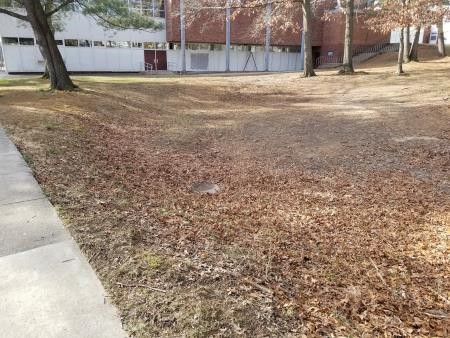 2019, Timonium, Maryland, USA
2019, Timonium, Maryland, USA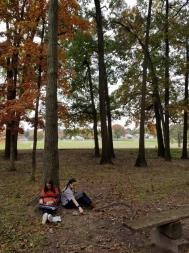 Unfortunately, whatever pollutants the runoff contained also ends up in the Chesapeake Bay. This damages the Chesapeake watershed and the ecosystems that rely on it.
Unfortunately, whatever pollutants the runoff contained also ends up in the Chesapeake Bay. This damages the Chesapeake watershed and the ecosystems that rely on it.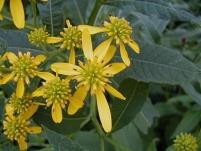
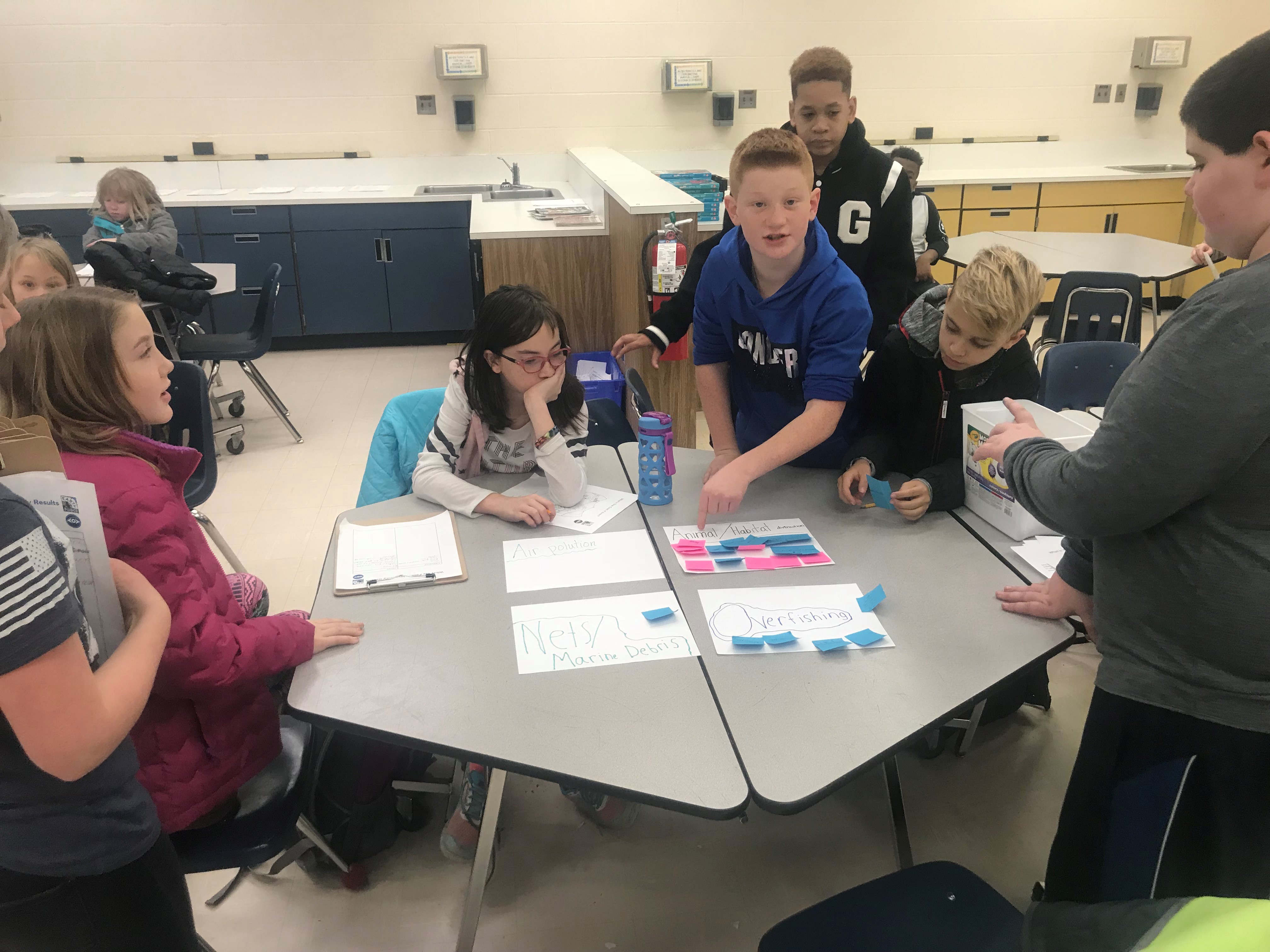 Ten students from Berlin Intermediate School (BIS) (Heydein, Makai, Amber, Shane, Brandon, Brooklyn, Sage, Domnic, Lilah, Declan) created Project Nature in the Spring of 2019. The goal of Project Nature was to assess BIS’ school grounds and implement best management practices to improve their local Coastal Bays’ watershed. After weeks of research, democratically voting, and schoolground surveys, the students decided to undertake a three-part plan.
Ten students from Berlin Intermediate School (BIS) (Heydein, Makai, Amber, Shane, Brandon, Brooklyn, Sage, Domnic, Lilah, Declan) created Project Nature in the Spring of 2019. The goal of Project Nature was to assess BIS’ school grounds and implement best management practices to improve their local Coastal Bays’ watershed. After weeks of research, democratically voting, and schoolground surveys, the students decided to undertake a three-part plan.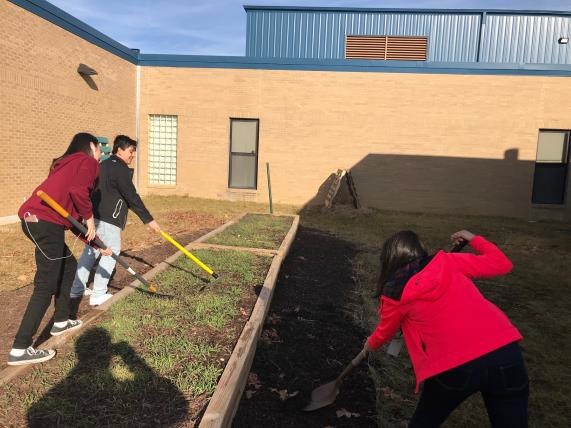 2019, Woodbridge, Virginia, USA
2019, Woodbridge, Virginia, USA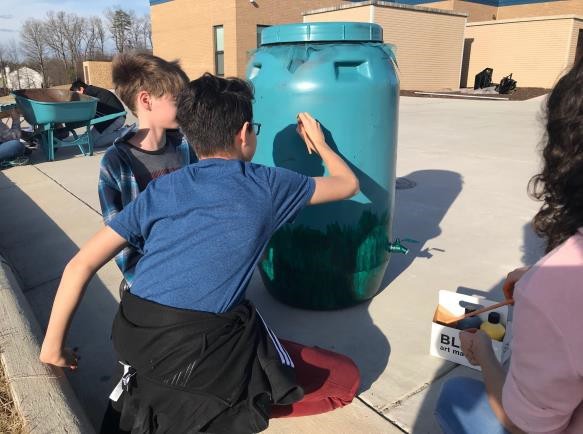
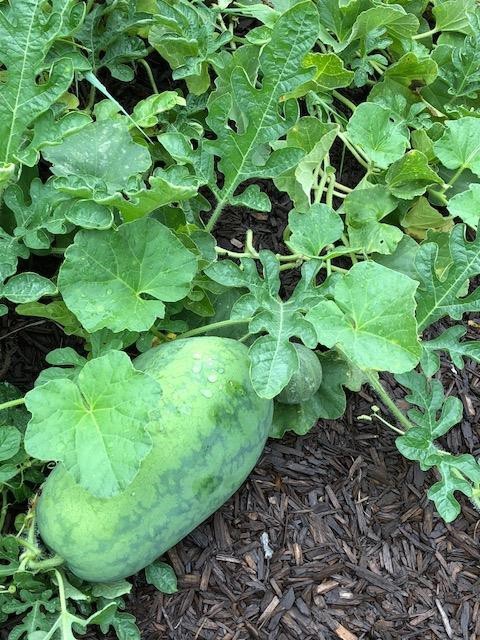 Many of our students are disconnected from nature. In a recent school survey, over 80% of students reported spending less than 15 minutes a day outside. This removal from the outside world impacts how the kids view the Earth and challenges that society faces with environmental issues. The students in the Ecology Club are using this courtyard garden to teach the other students at school about pollution, it’s impact on our water and soil, the importance of pollination and pollinators, biodiversity and where food comes from. It is not a complicated project, but it is profoundly changing how some students will approach their natural world. Their hope is for a cascade effect. They want to clean our local grounds and use that trash to beautify the garden by planting herbs and flowers in it. That it will increase the number of insects and birds in the garden and inspire the humans at school to do the same.
Many of our students are disconnected from nature. In a recent school survey, over 80% of students reported spending less than 15 minutes a day outside. This removal from the outside world impacts how the kids view the Earth and challenges that society faces with environmental issues. The students in the Ecology Club are using this courtyard garden to teach the other students at school about pollution, it’s impact on our water and soil, the importance of pollination and pollinators, biodiversity and where food comes from. It is not a complicated project, but it is profoundly changing how some students will approach their natural world. Their hope is for a cascade effect. They want to clean our local grounds and use that trash to beautify the garden by planting herbs and flowers in it. That it will increase the number of insects and birds in the garden and inspire the humans at school to do the same.
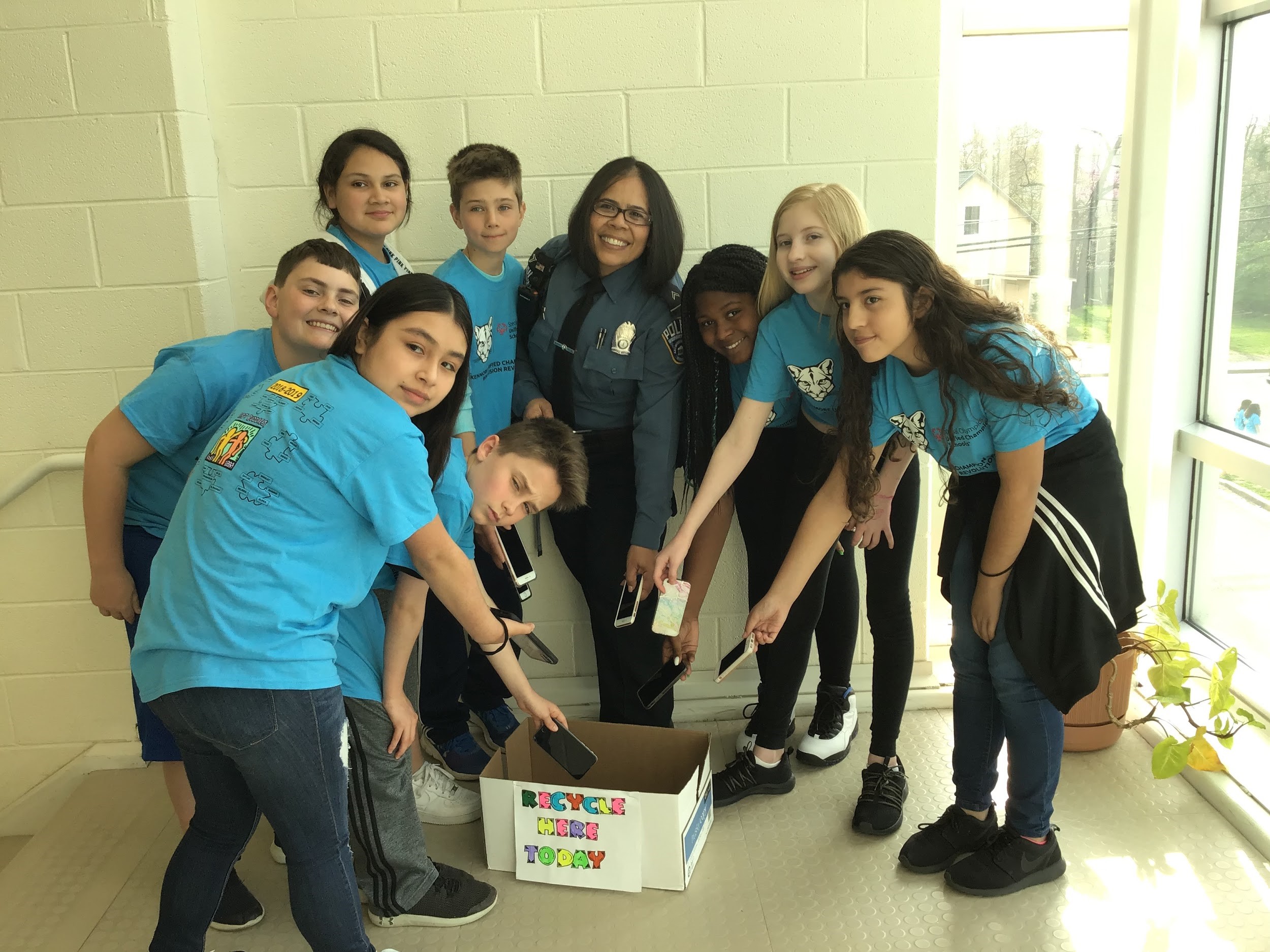 Valeria, Ashley, Iliana, Zaneya, Frank, Emmett, Connor, Jamethiel, Valery, Brady, and Talin were bothered by all the electronic being thrown away. Many contain components that leak toxins into the watershed. They hoped that by collecting unwanted electronics they could repurpose some and safely recycle others.
Valeria, Ashley, Iliana, Zaneya, Frank, Emmett, Connor, Jamethiel, Valery, Brady, and Talin were bothered by all the electronic being thrown away. Many contain components that leak toxins into the watershed. They hoped that by collecting unwanted electronics they could repurpose some and safely recycle others.